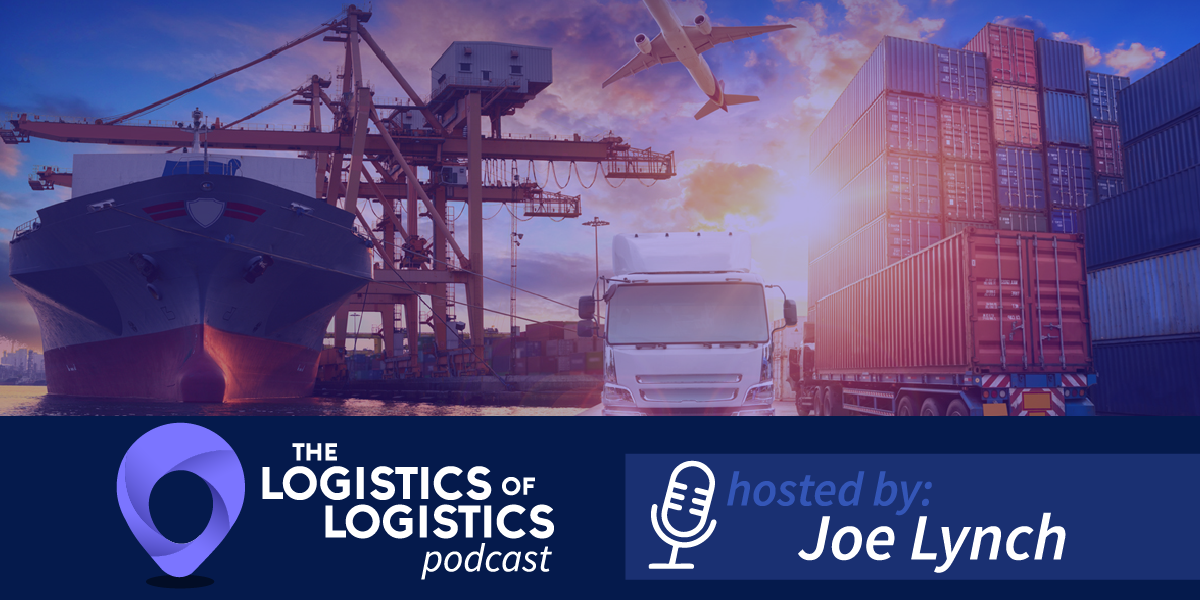Avoiding Port Congestion with Neel Jones Shah
Neel Jones Shah and Joe Lynch discuss avoiding port congestion. Neel is the EVP and Global Head of Airfreight at Flexport, the platform for global logistics.
About Neel Jones Shah
Neel is the EVP and Global Head of Airfreight at Flexport, the platform for global logistics. A widely recognized leader in the global logistics industry, Neel was formerly SVP and Chief Cargo Officer at Delta Airlines and VP Sales and Marketing at United Airlines. He sits on the board of TIACA, Amerijet International and holds an MBA from Columbia University.
About Flexport
Flexport is the platform for global logistics. Companies of all sizes—from emerging brands to Fortune 500s—use Flexport technology to optimize their supply chains, and deliver for customers anywhere in the world. Flexport connects the entire ecosystem of global trade on the Flexport Platform, empowering buyers, sellers and logistics providers with the services and technology to grow and innovate.
Key Takeaways: Avoiding Port Congestion
- Neel Jones Shah is EVP and Global Head of Airfreight at Flexport, the operating system for global trade.
- Flexport provides customers a strategic operating model that powers more transparent, more agile, more efficient, and more profitable global supply chains.
- There is unprecedented congestion at US and global ports that is delaying shipments, jeopardizing the holiday selling season, and potentially harming the economy.
- The congestion is caused by a combination of factors including:
- Increased consumer demand – especially ecommerce shopping.
- Consumers were unable to travel, eat out, or attend events (concerts, sports, cultural) so they spent online. At least some of the shopping was driven by COVID relief money from the government.
- The increased consumer demand was coupled with supply chain shortages including: manpower, containers, trucks, drayage, dock labor, rail, etc..
- The world’s supply chain is a delicate balance – and it became unbalanced due to COVID.
- Shipping via ocean freight has become very difficult and expensive. The lack of ocean capacity is making traditional ocean shippers look for options to support the holiday season.
- Airfreight is an option, however it is more expensive and capacity is tight.
- Airfreight is 1% of the total volume and is 35% of the value.
- Airfreight is typically used for high value, time sensitive products like vaccines, pharma, consumer electronics, semiconductors, etc.
- Neel and his team at Flexport are seeing a lot more interest in airfreight from shippers who typically ship via ocean. These shippers recognize that paying extra for logistics is far better than disappointing customers during the holiday season.
- Larger freight forwarding companies like Flexport have purchased additional airfreight capacity to support their customers.
- Flexport delivers a best-in-class experience in airfreight, offering customers granular and end-to-end visibility, reliable service, and customized, data-driven supply chain solutions.

